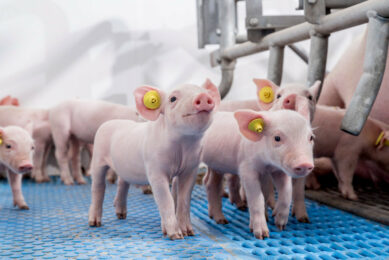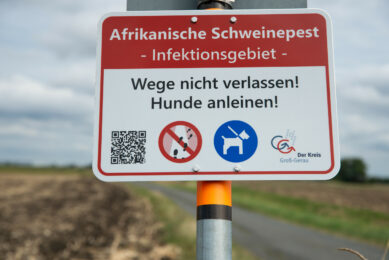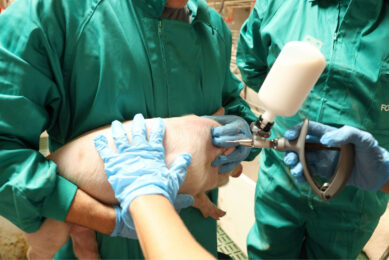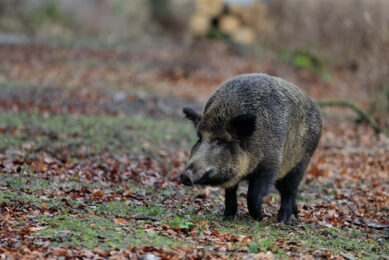Rapid ASF field diagnosis put to the test in Uganda
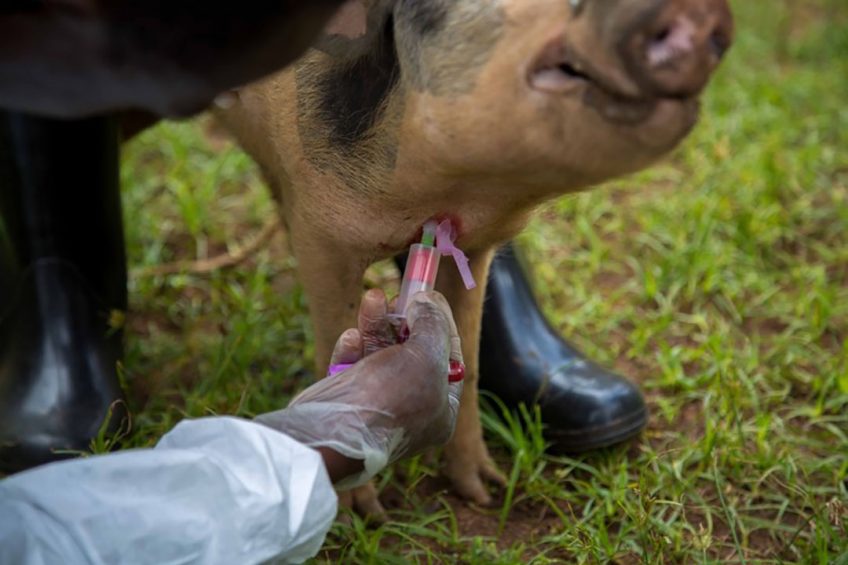
A polymerase chain reaction (PCR) detection tool for African Swine Fever viral DNA created by a US firm has been successfully field-tested in Uganda. It may be employed in other areas of the world in future, when and where regulations allow it.
Successful results of field studies in Uganda were recently published online in the journal Transboundary and Emerging Diseases by a team including scientists from the National Veterinary Institute in Sweden, Uganda’s National Animal Disease Diagnosis & Epidemiology Center and Tetracore. The latter is a private company in Rockville, MD, United States, developing assays and reagents for detecting infectious diseases, biological markers and more.
Portable ASF test launched in 2016
Tetracore designed the 1st version of this test in 2000 and field tested an updated version as a portable platform in 2016, reported Dr Johnny Callahan, Tetracore’s veterinary diagnostics business development manager. The new version of the test was improved to allow the test to recognise the DNA sequence of the 24 known subtypes of the ASF virus.
He noted, “The published results of our tests in Uganda showed a 96% agreement of test results with the standard reference method, although this was not explicitly stated in the paper. In addition, our average threshold was significantly lower than the reference method, which could indicate improved detection of the Tetracore test in comparison.”
While field testing is not permitted at this time in the US and other countries, Dr Callahan said, “I could see a potential scenario where veterinary authorities in China and South East Asia could utilise field technology to bring ASF virus testing to where it is needed in order to more quickly identify it.”
See here for more information about ASF outbreaks, with maps plotting the spread across Asia and Europe
Technology advancing faster than policy
There are times, he noted, where technology advances faster than policy. “We have the technology now, but testing for foreign animal diseases like ASFv are highly-controlled and regulated. There is good reason for that, in that the consequences of a false result can be catastrophic, either in the case of a false positive or a false negative result. Having said that, our test is currently undergoing additional validation studies in collaboration with multiple partners as we seek a United States Department of Agriculture (USDA) license.”

This all follows work in 2004 in which Tetracore scientists, in collaboration with scientists from the USDA Agricultural Research Service (ARS), showed that Tetracore’s PCR test could accomplish preclinical diagnosis of ASF; the test detected viral DNA in pig tonsil scrapings several days prior to clinical disease onset. In 2007, ARS requested that the same test be employed in Georgia (which borders Russia, Turkey and a few other countries), although it had never been tested outside the lab. It was a success, providing results after 60 to 90 minutes of analysis compared to the several hours required with conventional PCR assays.



